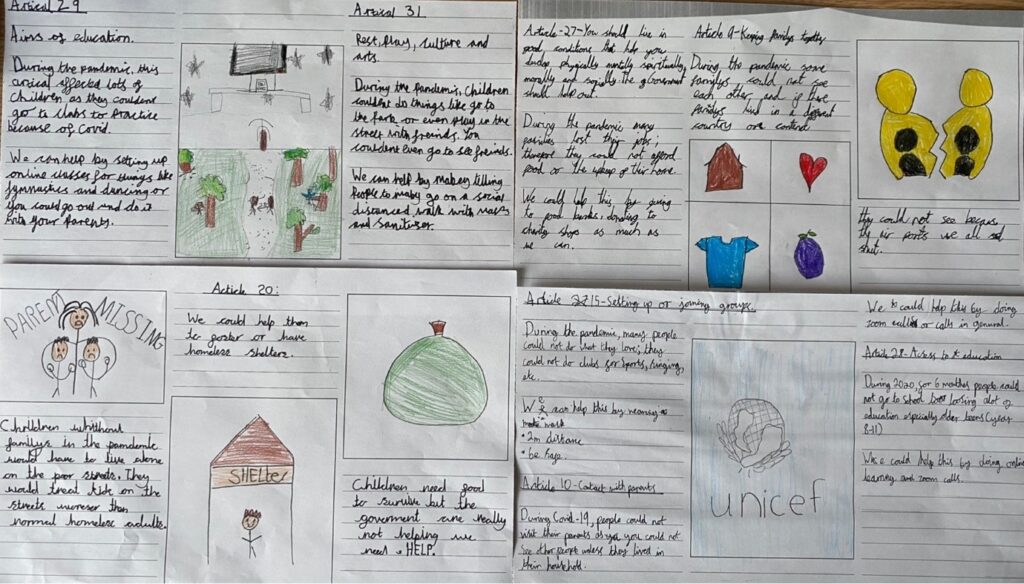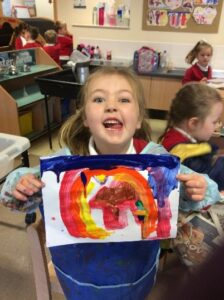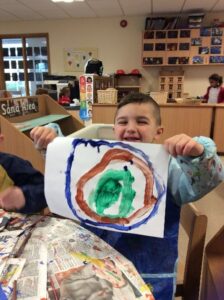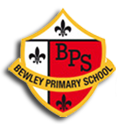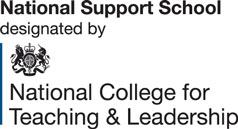Unicef Rights Respecting School
We are a Rights Respecting School

A Unicef UK Rights Respecting School is a community where children’s rights are learned, taught, practised, respected, protected and promoted.
Children and young people and the school community learn about children’s rights by putting them into practice every day.
At Bewley Primary School, we encourage children to take an active role in the promotion of children’s rights.
Our school ethos is Bright, Proud and Successful.
We aim for every child in our Bewley family to:
- Shine bright as compassionate, moral citizens
- Be proud of who they are, their heritage, personal achievements and those of others
- Have a self-belief and confidence to be successful and strive to be the very best that they can be (Article 28 and 31)
Children at Bewley Primary are taught the importance of responsibility, resilience, tolerance and respect. All of these characteristics underpin our curriculum and the children’s journey to success.
Children are encouraged to be proud of their achievements, which are shared in our weekly assemblies. Successes are also celebrated on our Bewley Twitter page, through Ozzy Mail and our Marvellous Me App.
Rights Respecting School Award
The Award is not just about what children do but also importantly what adults do. In Rights Respecting Schools, children’s rights are promoted and realised and adults and children work towards this together. The award is gained through a structured journey of achieving bronze, silver and gold awards.
Being a Right’s Respecting School, we want the children of Bewley to know that they are an important part of making the world a better place, starting with their immediate environment.
A whole school approach is taken to place children’s rights at the heart of our school policies, practice and values. The desired impact of this is that children:
- Feel happier in themselves
- Become active and engaged citizens
- Know how to feel safe in school
- Develop supportive and respectful relationships towards peers and adults
The staff and children of Bewley have achieved gold standard.
UNICEF has shown that when children are taught about their rights under the UN Convention on the Rights of the Child, they are more respectful of the rights of others and may show this through:
- Improved self-esteem and feelings of being valued and listened to.
- Increased levels of respect for each other, leading to improved relationships with other pupils and with staff.
- A sense of security as rights-respecting language and behaviour is used consistently throughout the school.
- Improved attainment and attendance, and a reduction in exclusions.
- An understanding and respect of religions, cultures, beliefs and abilities different to their own.
- A wider and deeper understanding of the world in which they live.
Our staff and children are extremely enthusiastic about the project and we continue to promote the rights of children.
How can adults support their child to learn about the Convention at home?
- Ask your child who the duty bearers are in school.
- When your child receives ‘Ozzy Mail’, discuss why they have received it and the article it links to.
- Take the time to ask your child what he/she has learnt recently regarding children’s rights and how they may show respect for those rights.
- Discuss the ideas learned in class and try to think of examples of their own experiences, or from the media, of rights being respected or denied.
- Discuss how your child or your family can promote respect for rights, or help those whose rights have been violated.
- Model using rights and respect language with your children.
- Ask your child’s opinion on children’s rights.
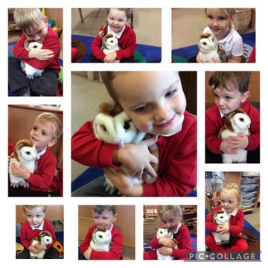
Bewley School Council
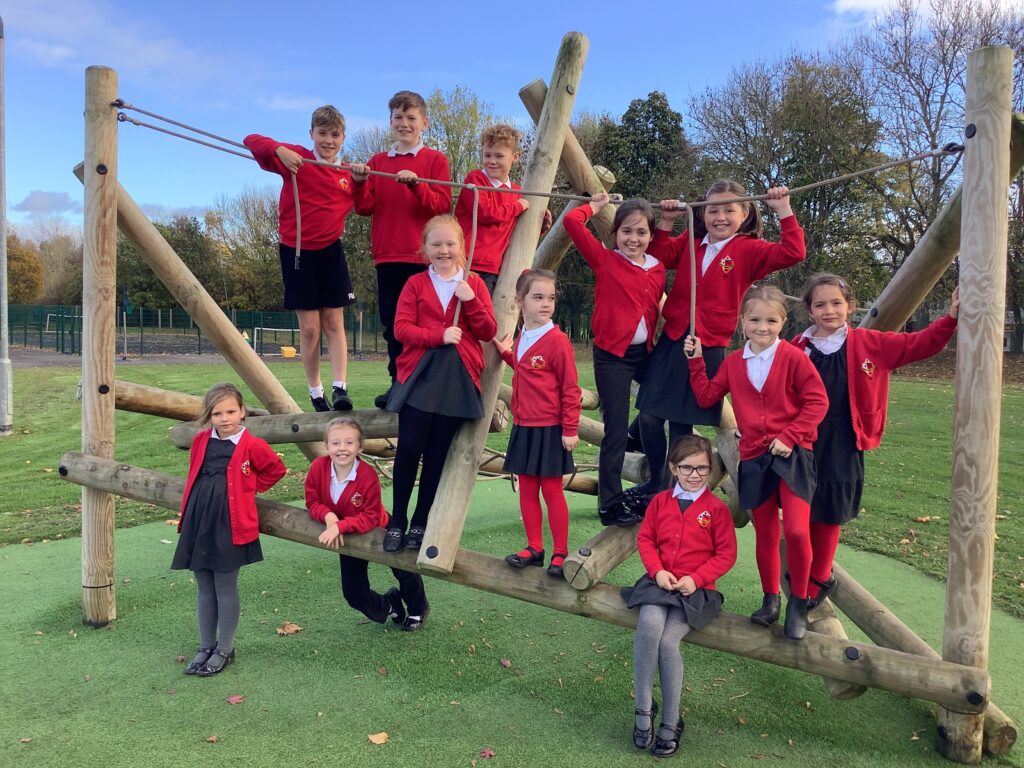
Class Charters
Each class chooses 2 (EYFS), 3 (KS1) or 4 (KS2) articles from UNCRC to display in their classroom. The children are actively involved in choosing articles that they want to form the basis of their charter.
The rights are worded (and displayed) in language that is meaningful to the children, but are clearly based on particular articles from the Convention.
Each charter also outlines what the children agree to do to ensure the rights are advocated and also what adults (duty bearers) will do to ensure the rights are upheld for every child.
Children and adults who work in the classroom sign the charter in some way e.g. a picture of themselves, a symbol that represents them or their name.
The charters are then referred to throughout the year and this helps to ensure that the children continually have their rights met.
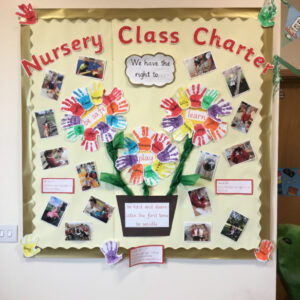
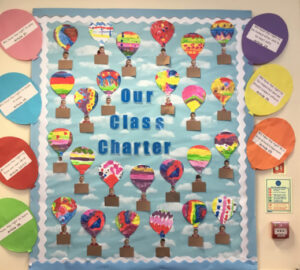
World Children’s Day 2021

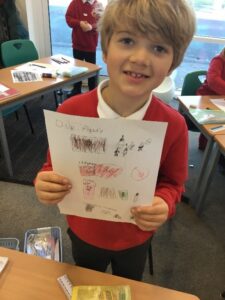
To complement our Rights Respecting work, we integrate opportunities for teaching and learning about Global developments and issues.
The aim of this work is to equip our pupils with the knowledge, skills, values and attitudes that they need to make a positive contribution within and beyond the school gates.
